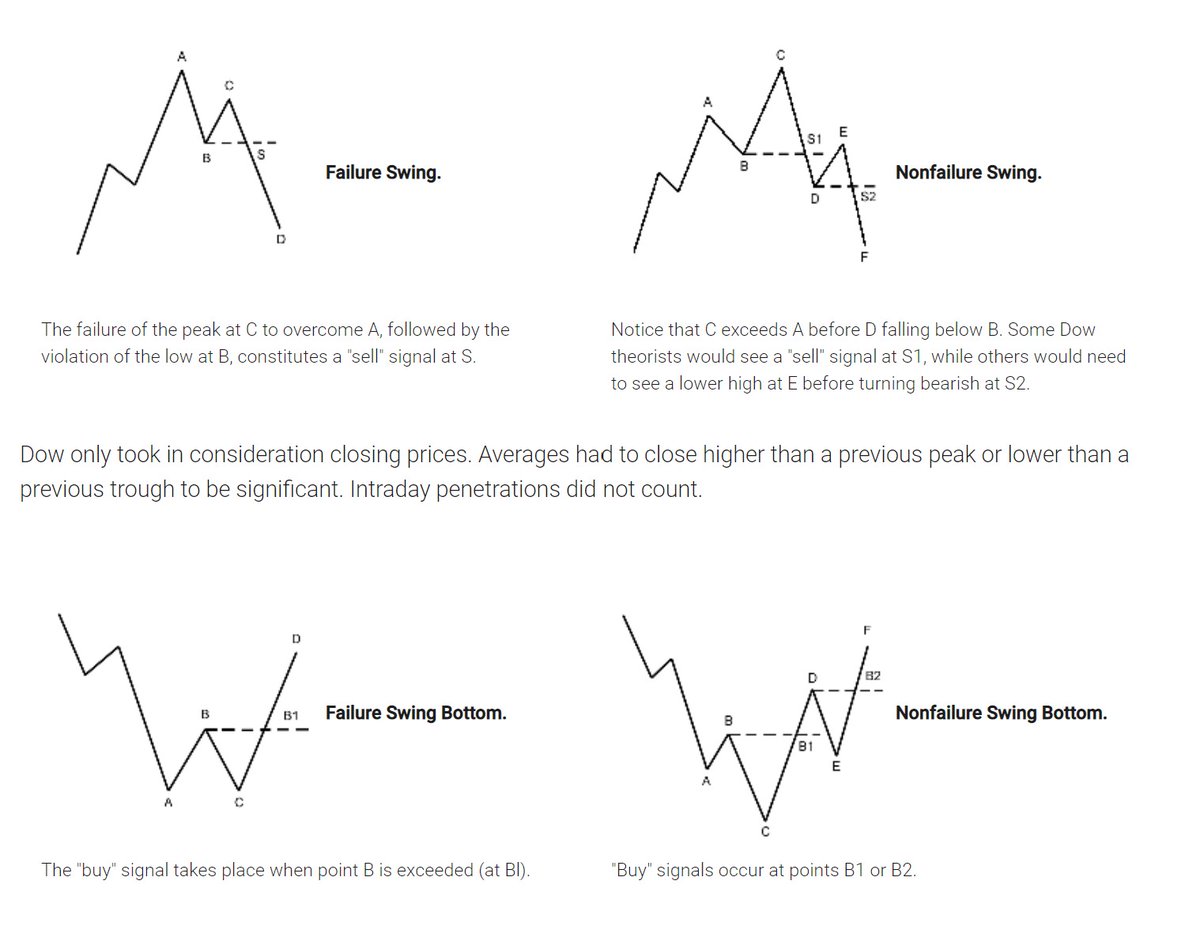One of the defining characteristics of our society is a sense of guilt.
This guilt manifests itself in the way we bend over backwards for marginalised groups, and the way we defend weakness with ferocity.
White guilt, LGBT allies and male feminists abound.
Obesity is championed as body positivity.
People are villainised and ostracised for their lack of feeling for those who struggle. You are a bad person if you are against redistribution.
Our judgement of people's character primarily takes place through this lens.
Empathy, rather than courage, has the moral high ground.
I say this merely as an observation, rather than to dismiss the merits of empathy as a virtue.
I've long wondered why this is, and have been presented with various explanations.
One is colonial and slaver guilt - that we feel ashamed of the horrors we committed as the British Empire and as white slavers in the US.
Another is our culture's roots in Christianity, where the notion of original sin breeds a sense of shame.
Most recently it was suggested that the decline of masculinity and the ascent of femininity is behind our preference for empathy, a trait more associated with women, rather than courage, a more masculine trait.
This explanation, while interesting, doesn't explain why such a rebalancing has occurred.
I've come to the conclusion that it is perhaps more straightforward than this, and is an inevitable consequence of a prosperous, peaceful society.
In times of war and strife, courage is essential to the survival of society. It is the most essential of commodities.
Meanwhile, cowardice, its shadow energy, becomes the most contemptible of traits.
In such times, the upside of empathy is limited.
As a society transitions to peace, the social value of empathy and courage starts to rejig. When there are no threats to survival, people have little excuse not to do their bit to help those that struggle.
A successful society becomes a function of the extent to which it integrates those who have fallen between the cracks.
In these times, the costs of cowardice are low and largely invisible, mainly falling on the particular coward in question.
Thus courage becomes undervalued, and empathy starts to be overvalued.
All of this makes us susceptible to guilt and shaming.
This analysis provides a granular explanation for the adage:
Bad times create strong men. Strong men create good times. Good times create weak men. Weak men create bad times.
Prosperity creates perverse incentives, where the less hostile climate becomes inimical to the creation of strong men.
This causes the foundations of a society to crumble, before strife once again moulds men of the right character.


